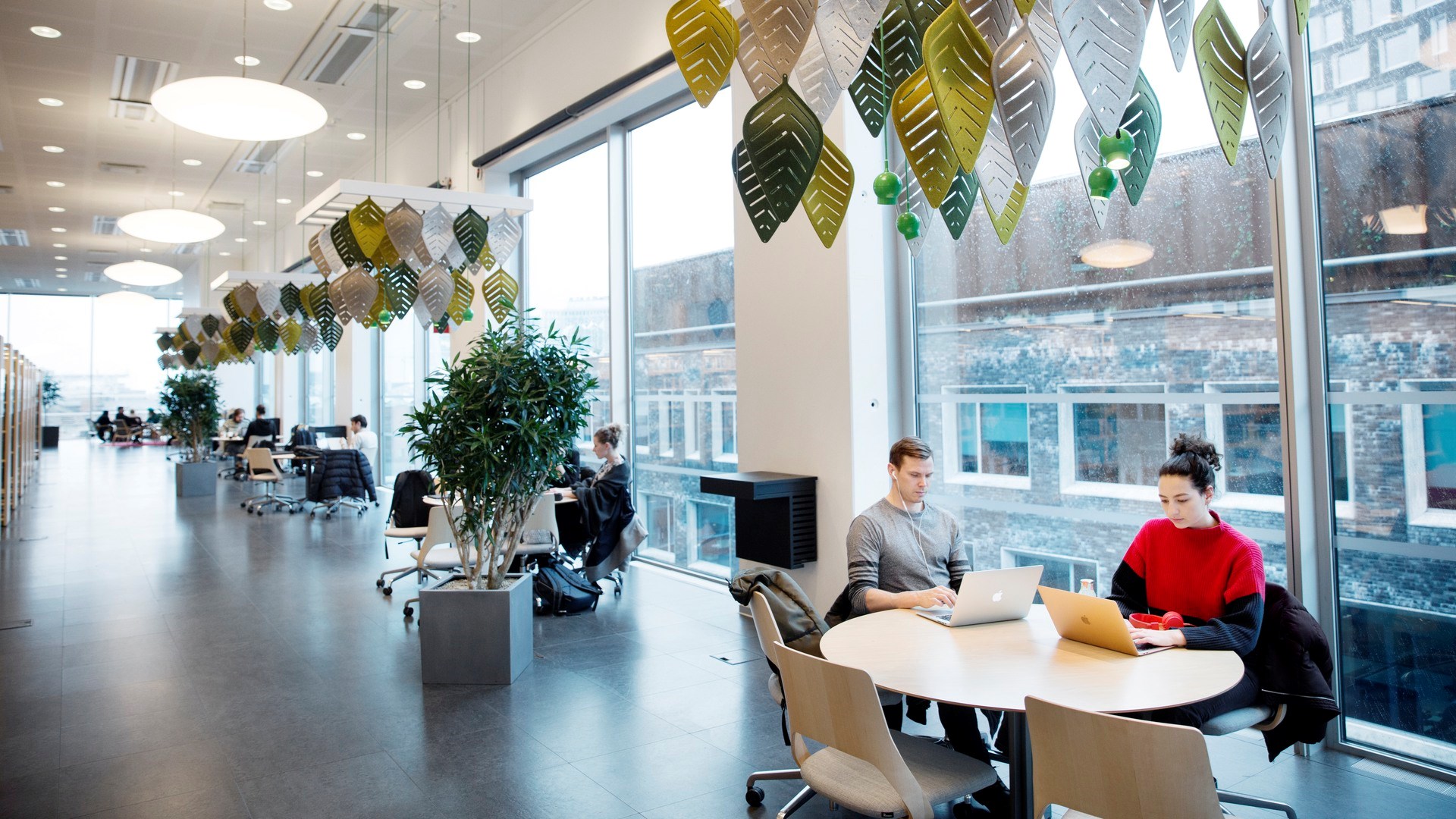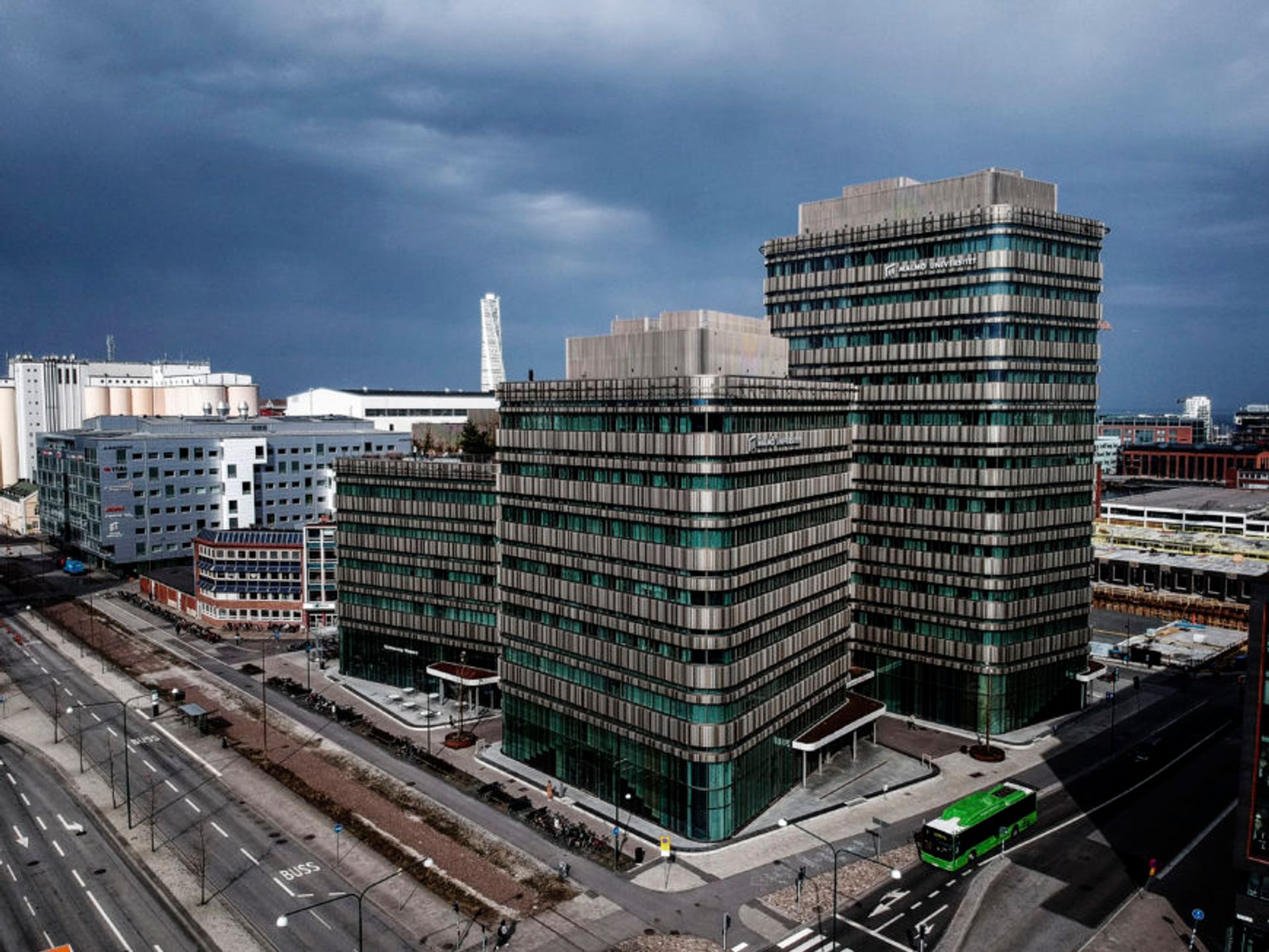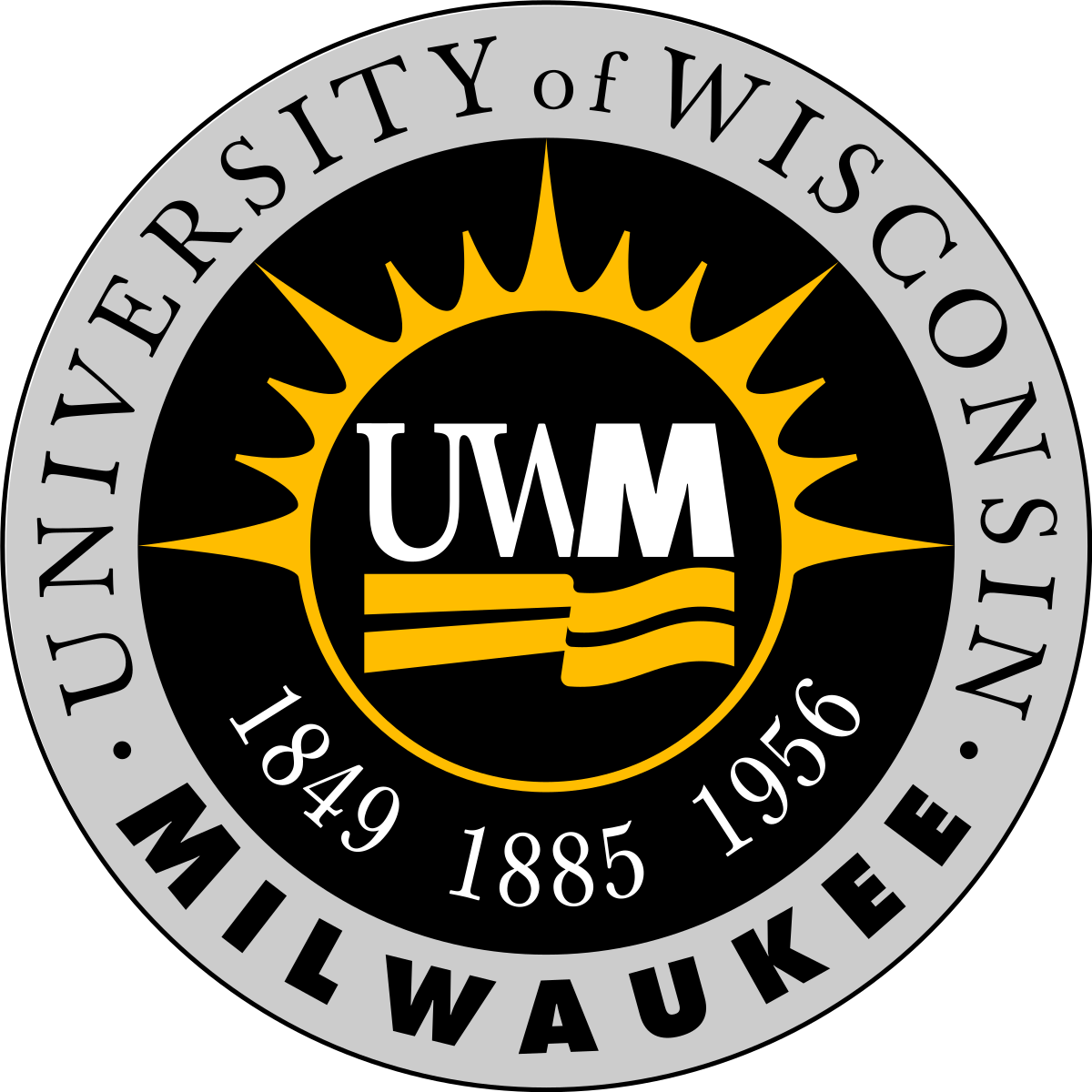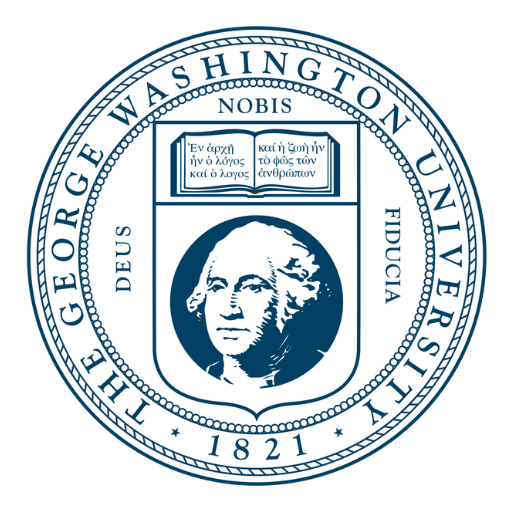Structure of the programme
First semester
The first semester is a core introduction at Roskilde University. Thereafter students may choose between the semester tracks below. There is a requirement to be mobile for at least one semester (30 ECTS) during the first three semesters, i.e. students must attend at least two universities during that period and they have the opportunity to attend all three.
Content semester 1 (Roskilde University)
Approaches to Urban Planning, 5 credits
Critical Urban Studies, 5 credits
Liveable Cities, 5 credits
Project: Urban Planning in a Welfare Context, 15 credits
The objective of the semester is to equip students with critical insight into and understanding of urban planning, conditions, challenges and strategies. The semester introduces students to economic, political, social and cultural conditions for urban planning, and provides them with knowledge and understanding of the economies of urban development and planning projects. The semester also provides a research-based introduction to planning theories and paradigms.
The teaching is based on translating and exemplifying theoretical knowledge and understanding through concrete cases, including through guest lectures by key private and public actors that illustrate planning in practice. The theme of the project work is the economic, political and social conditions for planning where work is done on selected planning and urban development issues in a welfare state context.
CLOSE
Second semester
Content semester 2 (two alternatives (choose one of the alternatives))
EITHER: Specialisation at Roskilde University: Mobility and Globalizing Cities
Cities, Culture and Politics, 5 credits
Methods in Community Planning, 5 credits
GIS and Visualisation, 5 credits
Project: Mobilities and Globalizing Cities, 15 credits
The objective of this track is to provide students with in-depth knowledge and understanding of how globalization and its mobilities create and transform cities and urban areas, as well as with understanding of some of the tools that can be used to map and analyse cities and development projects. In this semester, particular attention is given to issues that include citizenship, cultural identity, governance, new challenges for global cities, and planning related to cosmopolitan urbanism at local, national and global scales. In addition, there is consideration of the challenges for addressing urban development and welfare in an interconnected world.
During the semester, the aim is for students to acquaint themselves with participatory and qualitative planning methods, including forms of action research, ethnography and creative methods, as well as to gain experience in using geographical information systems and techniques of visualization. The semester equips students with the competences to undertake holistic planning analyses and action plans as well as competences to work with innovation, future cities and project management related to urban issues.
OR: Specialisation at Malmö University: Social Sustainable Planning
US630E Urban Studies: Catching Urbanity, 15 credits
US640E Project: Making Urban Studies, 15 credits
The objective of this track is for students to develop their knowledge and understanding methodologically and theoretically in relation to contemporary urban challenges and in relation to questions of inclusion, exclusion, segregation, empowerment, participation, migration and inequality. Students develop their proficiency in identifying and communicating urban contexts and engaging in dialogue with urban development actors. Students develop their ability through specialisation to be able to relate independently to current research in the main subject areas of urban studies. Students can make use of the city of Malmö in their work on social sustainability, where various urban actors have developed ideas on social investments, social budgeting and their work with the Commission for Social Sustainability in Malmö.
CLOSE
Third semester
The third semester includes more practice-orientated perspectives with the aim of providing students with (further) understanding of and experience in practical planning and methods related to urban development. The semester overall strengthens the students' abilities to integrate theoretical understanding and analytical tools in order to study and work with urban development processes in different international contexts, and provides insights into modes of cooperation between public authorities and private actors on various scales. It further advances the students' abilities to reflect independently on different aspects of urban development in terms of their impact on, for example, everyday life and intercultural environment. Students should choose one of the following tracks.
Content semester 3 (two alternatives (choose one of the alternatives))
EITHER: Specialisation at UIT The Arctic University of Norway: Planning and Culture in the Urban North - Comparative Perspectives
Arctic Cities Field Course, 20 credits
Culture, Politics and Planning, 10 credits
This track allows students to study urban challenges, opportunities and planning practices of Arctic cities in a global context. It also develops skills and experience in methodology, in explorative fieldwork methods and in the use of geographical information systems (GIS) for addressing ongoing planning processes and issues. The Arctic Cities Field Course integrates theoretical understanding and reflection on regional development with analytical methods and tools. Through a course on Culture, Politics and Planning, students also explore urban development and geopolitics in the North in relation to macro trends in the Global South in terms of climate change, migration to cities, generational and economic inequities, privatization and securitization of city spaces, before zooming in on specific urban cases.
OR: Specialisation at Roskilde University: Planning in Practice
Project OR Internship, 20 credits
Urban Project Management, 5 credits
Ethnography and Visualisation for Planning Practice, 5 credits
This track provides students with an opportunity to develop their interests and skills in urban planning and urban development. The extended project or internship lets students focus on urban planning in practice. It is alternatively possible to choose a Live Cases project (15 credits), and an approved elective course (5 credits). Through engaging with current cases from an integrated perspective, Urban Project Management develops abilities to analyse, reflect on and inform aspects of the management for sustainable urban development. Based on collaborating with an organisation or company, Ethnography and Visualisation for Planning Practice involves learning how to conduct consultancy work and specifically fieldwork to inform planning. It also develops communication skills.
CLOSE
Fourth semester
Content semester 4
Master Thesis at Roskilde University, Malmö University or UIT The Arctic University of Norway.
Master Thesis in Nordic Urban Planning Studies, 30 credits
The master thesis is written in the teaching and examination language of the subject. For this programme the teaching and examination language is English. The thesis work is carried out individually or in groups, according to the regulations that apply at the relevant university. The master thesis work usually completes the programme.
Master Thesis offered by Malmö University:
US660E Urban Studies: Master’s (Two-Year) Thesis
Show less












